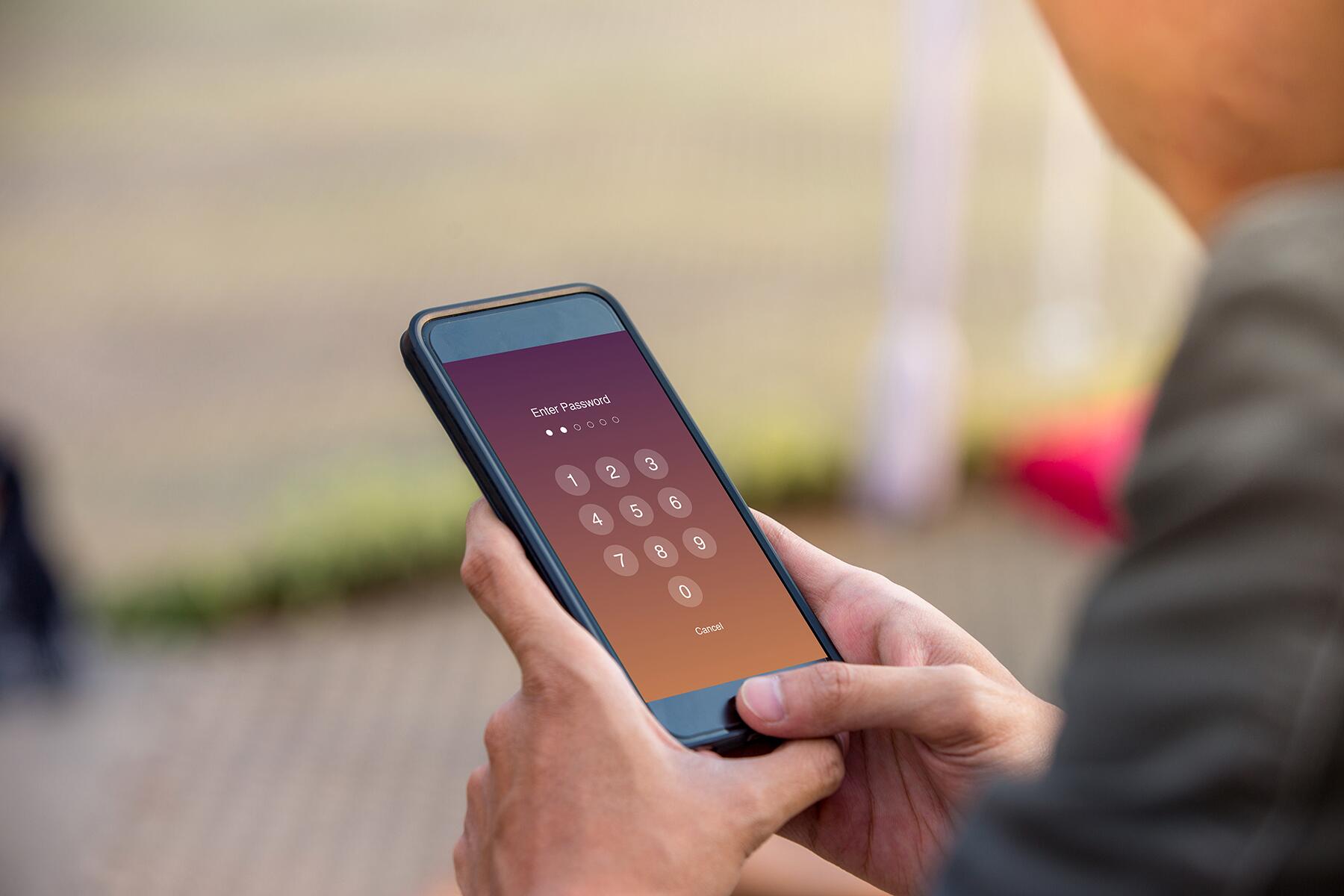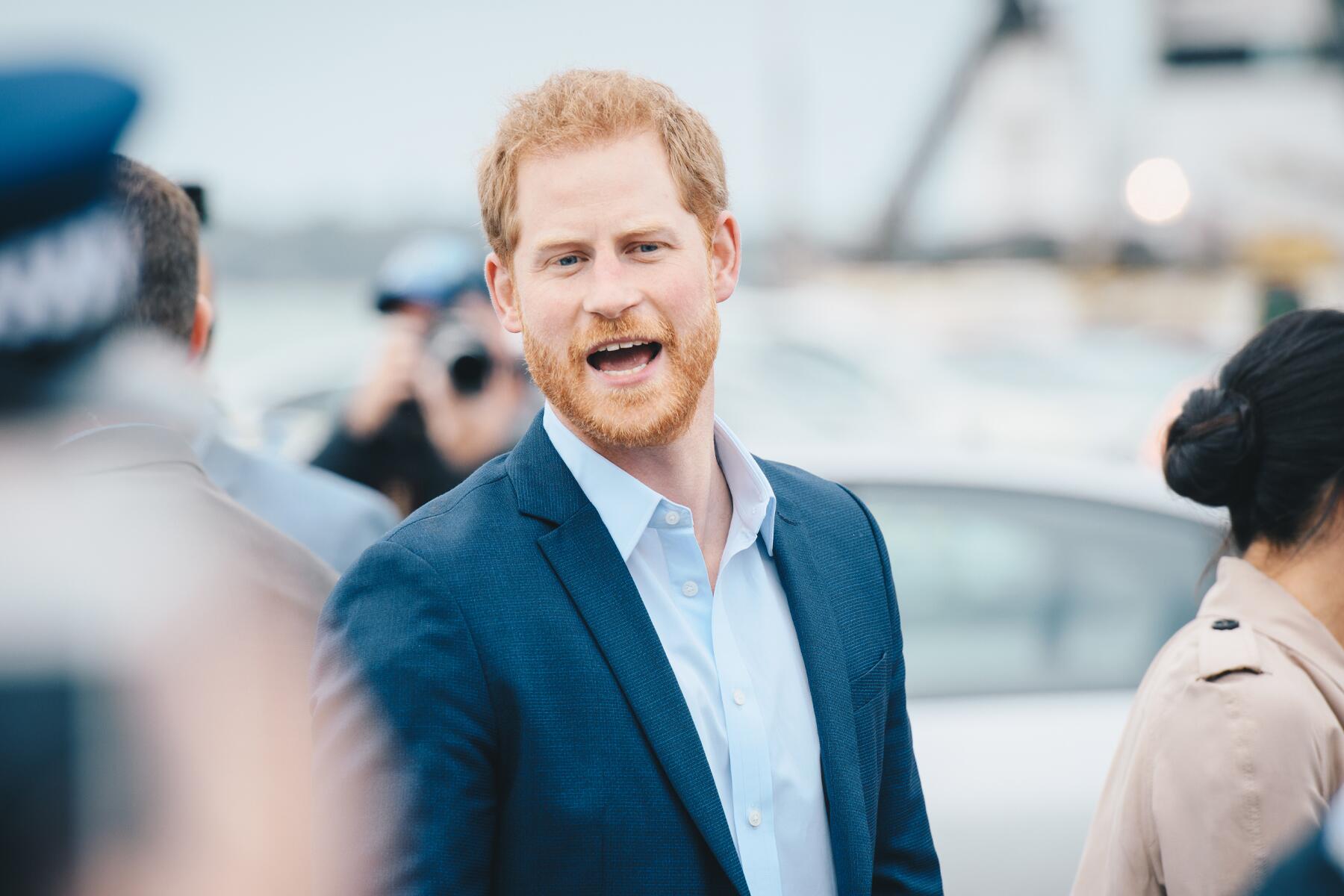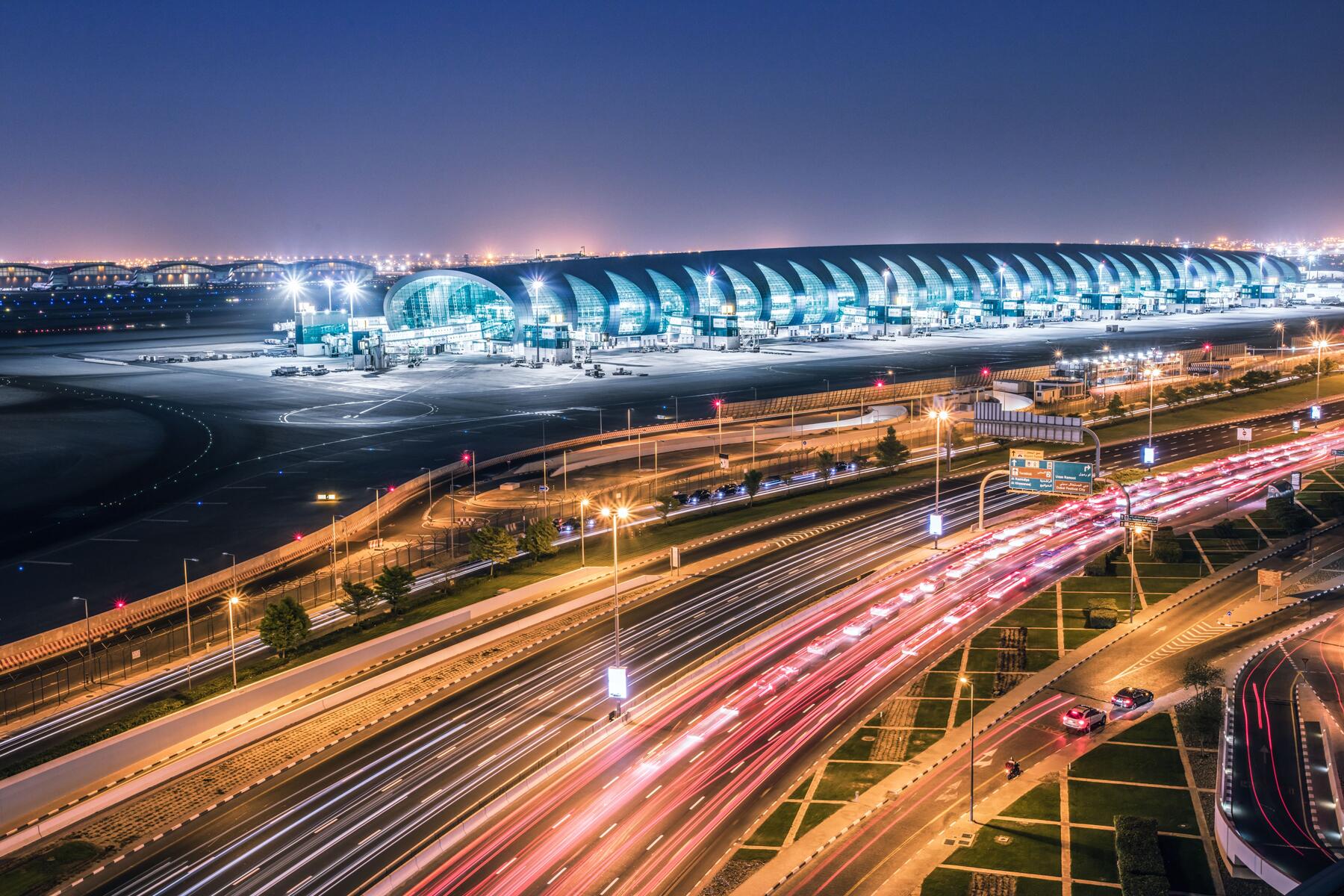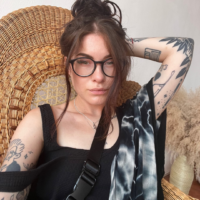Traveling as a queer person comes with its own set of challenges, but traveling with my butch partner made me realize the privileges of femme-ness.
In January 2020, when my partner—whom I’ll call “C”—and I were vacationing in Thailand, the first news of COVID-19 started reaching our phones as we were relaxing on a small, secluded beach in Phuket. Our time in Thailand was soon coming to an end. We were set to return to Bangkok for a few final nights before flying back to Toronto via a long layover in Shanghai, something we were both looking forward to–a night in the bustling, busy Chinese metropolis.
Of course, everything changed. As the days went on, we followed the news obsessively and debated flying home sooner than planned. After a few days of hemming and hawing, we learned that Shanghai Disneyland shut down. We knew the end was nigh and decided to cut our losses and started looking for new flights home.
Before this moment, I lived blissfully unaware of the different ways that C and I move through the world and the different things we have to worry about. Yes, we’re both female travelers, which comes with its own set of worries and concerns, but a feminine woman like me often has significantly fewer layers to peel back. However, a butch, masculine-presenting woman like C has no choice but to add queerness to the mix. She has no choice but to factor her appearance into every interaction, to think about and research whether countries are queer-friendly or not, and, if not, how unfriendly are they?
Recommended Fodor’s Video
Homeward Bound
I had found two reasonably priced one-way flights to Toronto from Bangkok through Ethiopia’s capital, Addis Ababa. The layover was supposed to be quite long–somewhere around eight to 10 hours. I was excited about this–the flights were affordable, with only one layover, and I’m always keen to check out a new airport. On the other hand, C was less than thrilled and insisted we look up gay rights in Ethiopia. Just in case.
In Ethiopia, same-sex activity is highly illegal and can be punished by up to 15 years in prison. The Pew Global Attitudes Project did a survey in 2007 and found that 97% of Ethiopians from 18 to 65 believe that homosexuality is something that should not be accepted by society.
Reading this, I thought, gosh, how atrocious and unfortunate, but surely this wouldn’t affect us, random transiting Canadians en route back home in the airport? Besides, how would they even know?
I didn’t know that in 2019, a gay travel operator had received death threats for planning a tour in the country, that the Ethiopian Orthodox Church had begged the government to ban them from their religious sites, or that Ethiopia made the list of the 20 most dangerous countries for LGBTQ+ travelers.
Upon learning about Ethiopia’s strict anti-gay laws, C immediately rejected the idea of flying through there, let alone having a long layover. At first, I didn’t understand.
“We’ll just be in the airport,” I had said. “Nothing will happen to us there.”
“But I look like a man,” she told me. “And my passport says I’m a woman.”
Her concern about creating confusion and the anger that might stem from said confusion was harrowing and eye-opening. It was a fear and feeling that I had never experienced, and never will, a fear that comes only from not fitting into the norm appearance-wise and from a childhood of being knowingly, painfully different.
I didn’t consider C’s appearance, I had only considered mine—me with my standard feminine appearance, complete with lashes, nails, and makeup, had nothing to worry about. I rarely, if ever, appear as a queer woman to many, and, while being a femme lesbian comes with its own hurdles in the world (namely, that we have to come out over and over again), it also comes with protection, an invisibility cloak that we can pull on and hide our true identity if needed, an ability to move through the world as a straight person, to play the character well, whether for simplicity or safety. It’s easier sometimes, for example, to say, “I have a boyfriend,” than to reveal your queerness and have it immediately be questioned.
Butch people are grossly underrepresented (and misrepresented) in media to this day. They are, therefore, often seen as a bit of an anomaly, as something to gawk at. A previous woman I dated refused to hold hands with me in public, citing a fear of violence, and C often prefers not to use public washrooms, worrying that people will mistake her for a boy and wonder what she is doing there. It’s a layer of thought that we feminine lesbians never have to think about, and it’s important for us to know what our masculine-presenting peers experience, especially regarding travel. With a large part of the world still not accepting homosexuality socially, C (and other people like her) find themselves limited in the places they can visit safely, paralyzed by fear of attack, harassment, or persecution.
Realization
My sexuality, though taboo in some places (and in others, illegal), had never been a cause for concern other than with other people. I’ve often been more worried about coming out to peers than potentially being harmed or even killed by strangers or rejected by society when traveling. Nobody wonders about me. When traveling, the worst I usually deal with is men hitting on me. While definitely frustrating (and, yes, at times, scary), I am always grateful for the mask of typical femininity that allows me to glide seamlessly into the background.
I never have to worry about my safety as a gay person when traveling. On the flip side, C is always aware of how people are looking at her and perceiving her. Despite my efforts to invite her, she refuses to visit parts of the Middle East and, on a recent trip to Mexico, was anxious about how she might be perceived outside of gay haven Puerto Vallarta.
Where to Next?
How do you travel as a gay person? Does queerness always have to play a role when traveling? If you had asked me before that Thailand trip, before the reroute back, I would have said no, living in a bubble of stereotypical femininity that protects me, in some way, from harm, from external judgment.
C and I have a lot of places to visit on our list, and many conversations that start with “I want to go here” are often followed by a “Can I go there?”
It’s a harsh reality we must face as a queer couple, especially when one of us doesn’t look the way people expect women to look. When we travel together, we often look for places with looser gay laws or open-minded cultures with more accepting beliefs. We struggle with a sense of not belonging in most places, but I see now that C faces a much different struggle than me.
I’ve long accepted that C will not be accompanying me to Morocco or Tanzania, but perhaps Brazil and Colombia are more realistic for us, making the list as some of the most queer-friendly places to visit. Maybe one day, the world will change and become more accepting, but for now, we continue to tiptoe around together, seeking safety where we can. With homophobia still a real concern in many countries around the world, travel is something we can’t do as freely as others, and it’s frustrating to know that I am limited because of my partner’s appearance, and hurtful to learn of her fear of judgment, attack, or persecution.
When watching travel couples on YouTube wander farfetched places, it’s hard not to feel a sense of sadness for what could be when we realize that some places just aren’t for us yet. What can we do but wait for the world to change? I can only hope that one day, the two of us can feel as free to explore the world without fear.





The privilege that is afforded, but often overlooked, by straight, cisgender appearing people becomes glaringly obvious when traveling with my wife, even within the United States. I rarely consider the 2 hours suggested arrival before our flight to be adequate, as I expect, as a transwoman, to be pulled aside for additional scrutiny by TSA. And driving in many parts of the country comes with its own threats. Simply stopping to use a rest room can be fraught with fear, not knowing if there are local laws that could get me arrested for simply needing to pee. And even barring these laws, it is constantly in the back of my mind as to how I will handle someone objecting to the restroom the I use.
The author has hopes of being able to explore the world with her partner without fear. I have a hard time imagining being able to explore America with my wife while feeling safe and secure.